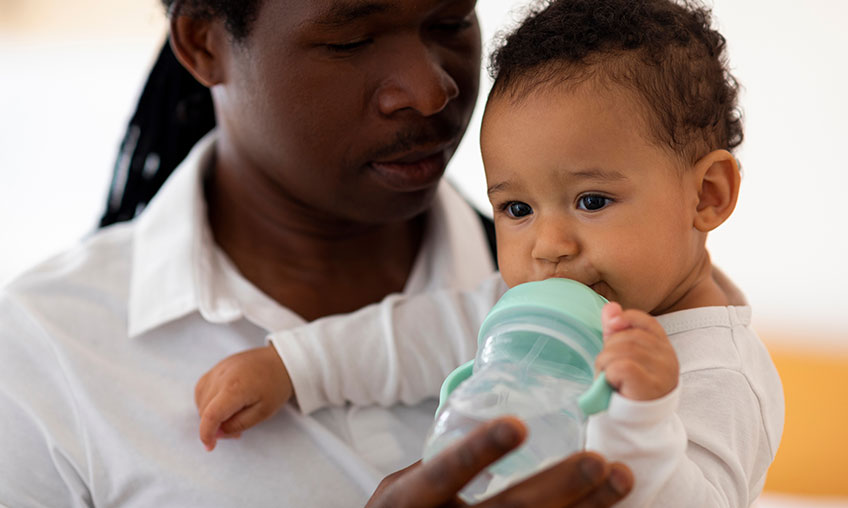
April 11-17 is Black Maternal Health Week and April is Minority Health Month, making today an opportune time for all of us to recognize progress toward reducing maternal mortality and continue seeking changes from our lawmakers to improve access to necessary health care.
As of April 1, pregnant people in Tennessee have access to Medicaid coverage from 2 months to a full year postpartum and expanded the benefits to cover oral health care — a critical piece of the overall puzzle to ensure healthy pregnancy and maternal outcomes. Through special waiver programs, states including Georgia and New Jersey now have continuous eligibility, regardless of change in income during the postpartum coverage period. Other states including Alabama, Arizona and Colorado are considering legislation for coverage extensions, as well.
For far too many people, having a child remains a life and death struggle. This time last year, we wrote about the staggering maternal mortality crisis across the country. We commended our policymakers for taking notice, and now we get to commend our leaders for taking action.
What seems unreal is that our nation still has the highest maternal mortality rate of any high-income country in the world — roughly 3x that of France, which ranks second highest. And the number of deaths in the first year of the pandemic increased sharply — even more so for Black women, who make up one-third of those deaths and have a maternal mortality rate 3x higher than that of white women.
Yet we know, pandemic or not, that nearly two thirds of maternal deaths are preventable. The CDC notes that recognizing urgent warning signs, getting accurate and timely diagnoses, and improving care quality can save lives. Access to quality care is a key step to reversing this trend, which is why those legislative actions are so important.
Adding oral health benefits for pregnant women, as Tennessee has done, is an additional and critical step forward. In particular, because good oral health plays an essential — but largely overlooked — role in protecting the health of babies and their mothers.
Four in 10 of pregnant women have tooth decay or gum disease from changing hormones, and those that do are at higher risk for poor birth outcomes such as low birth weight, preterm delivery and risk of preeclampsia. Poor oral health raises a pregnant woman’s risk of high blood pressure, a precursor to preeclampsia, which can lead to major complications and even death. And children are 3x more likely to have dental disease if their mother was not able to receive dental care during pregnancy. What’s more, children who have dental disease are 4x more likely to receive poor grades in school, perpetuating longstanding inequities for communities of color.
It’s no coincidence that Black women who face the highest mortality rates also face some of the highest rates of oral disease. Coverage for pregnant women a year postpartum is a win for Black and all women, but more can be done.
Increasing access to oral health care by adding an adult dental benefit for Medicaid enrollees in every state should be a no-brainer. We need a revolution in patient care — greater integration and better use of technology to increase access and reduce costs, namely by ensuring every woman can get ongoing preventive care.
We can and should celebrate how far we have come, but we cannot take the foot off the gas pedal — we must keep driving this effort forward.

PREVENTISTRY PULSE
The newsletter designed for anyone who wants to improve oral health for themselves, their families, customers or communities.




